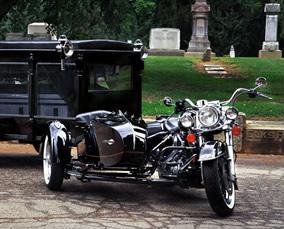 As many inventors are all too aware there are many sharks out there ready to rip-off those less experienced. So it comes as a pleasant surprise to find a commercial website that wants to to help bring new products to market without the sting.
As many inventors are all too aware there are many sharks out there ready to rip-off those less experienced. So it comes as a pleasant surprise to find a commercial website that wants to to help bring new products to market without the sting.
As well as selling innovative products (many first seen on Dragon’s Den) MUST get1 gives useful information and advice to inventors and would be entrepreneurs. New products very often début first on MG1 either as full launch products or as marketing trials.
 As well as my old friend the Milli-grip spanner I came across a remarkable new take on that old favourite the umbrella, which according to Wikipedia dates back to at least 2,000 years BCE. This one is called the Fanbrella and avoids all of the complicated and dangerous springs and spars of the traditional folding design.
As well as my old friend the Milli-grip spanner I came across a remarkable new take on that old favourite the umbrella, which according to Wikipedia dates back to at least 2,000 years BCE. This one is called the Fanbrella and avoids all of the complicated and dangerous springs and spars of the traditional folding design.
Unfortunately the promotional website is not as professional or detailed as I would have liked, so I can’t get a clear view of how it works.






 The British Library has always had a strong
The British Library has always had a strong 
 As you know from
As you know from 

